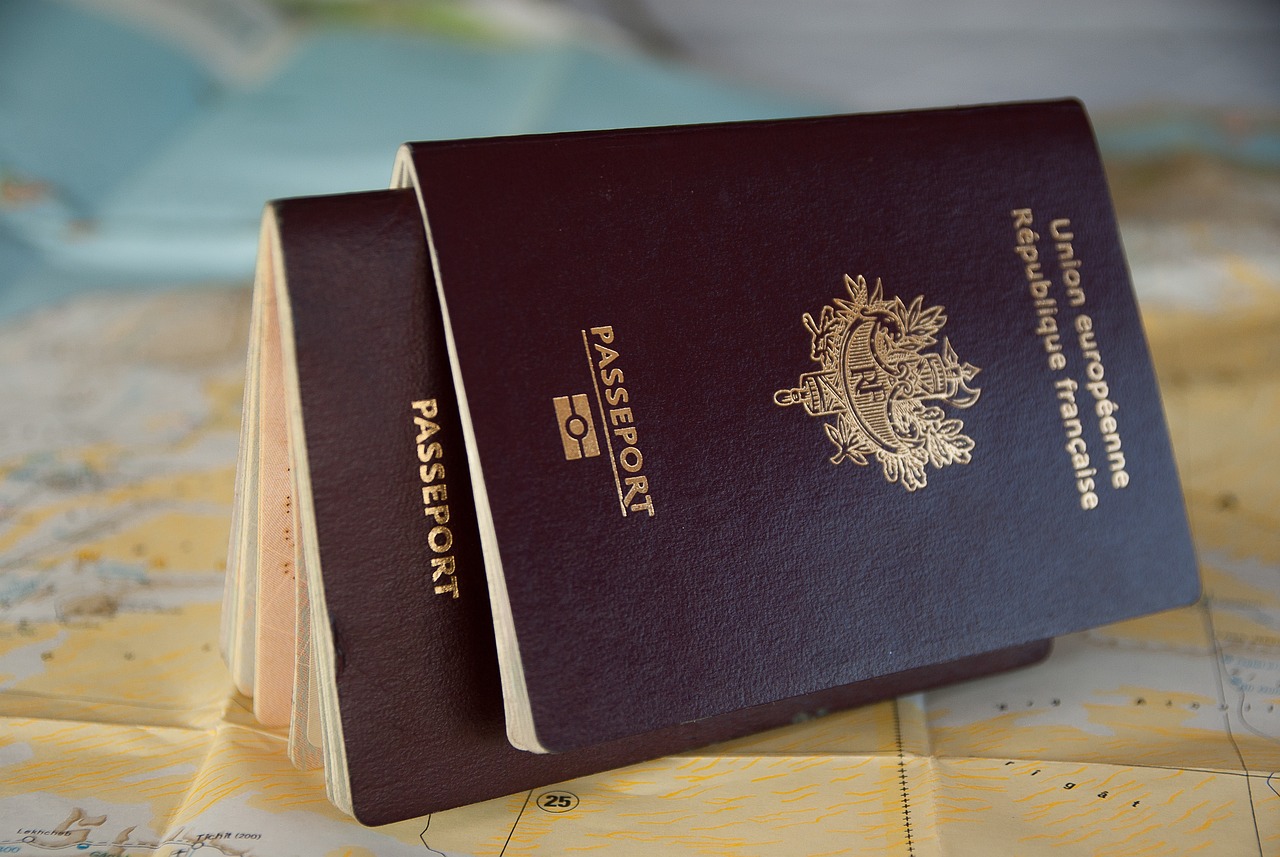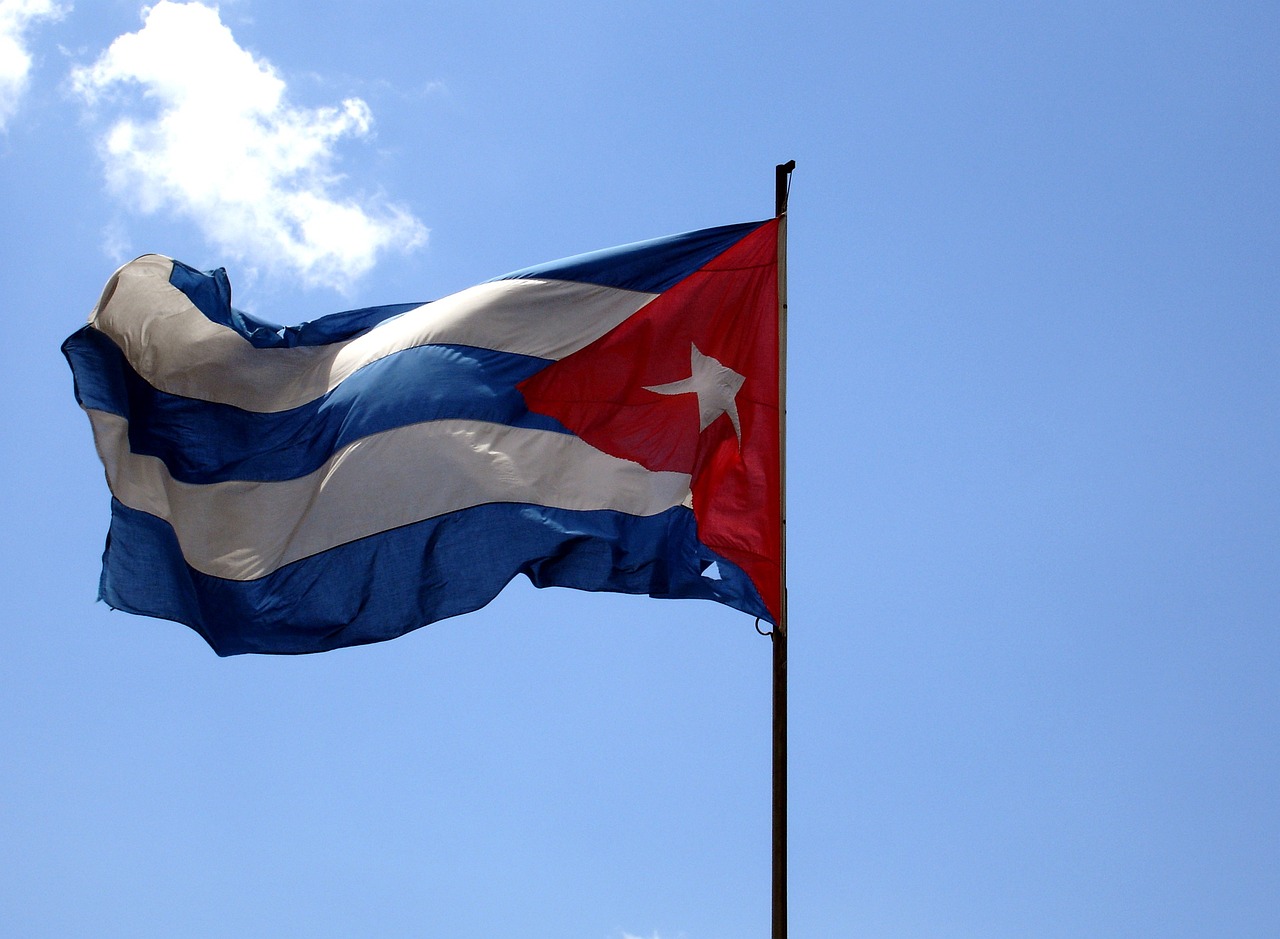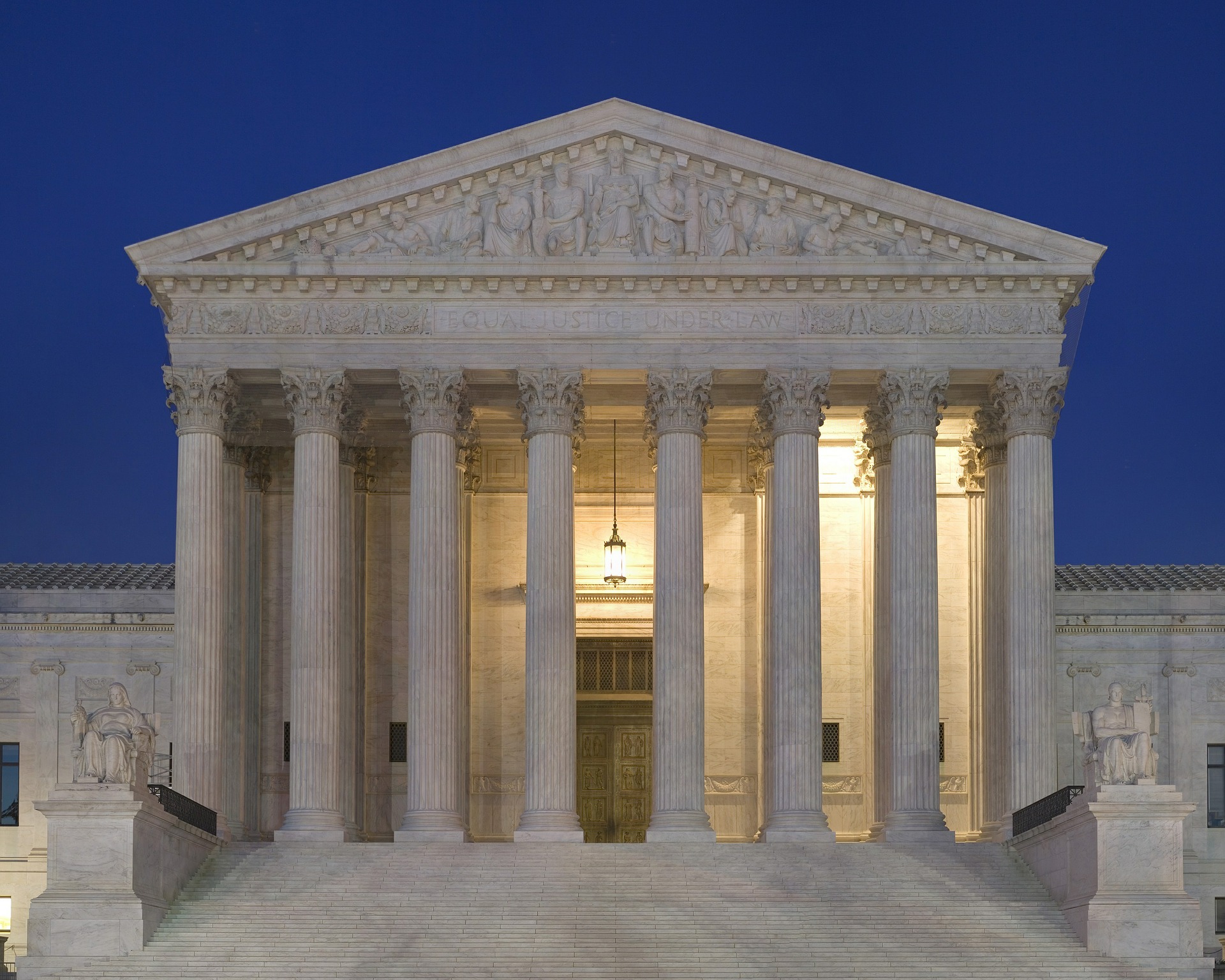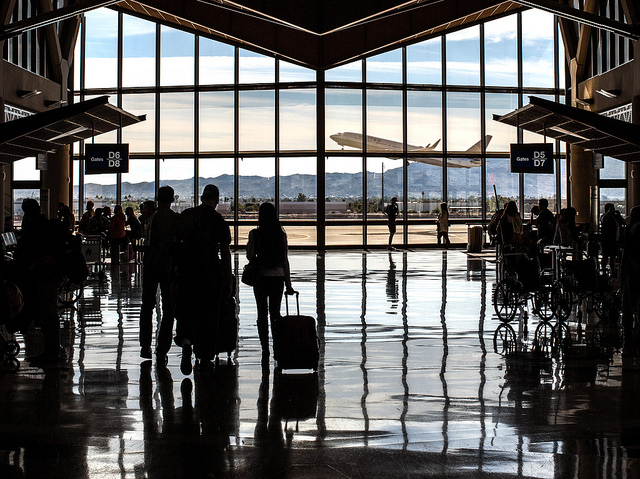 We are excited to report that Qatar will soon be joining the Visa Waiver Program, which permits citizens of 41 countries to travel to the United States for business or tourism for stays of up to 90 days without a visa.
We are excited to report that Qatar will soon be joining the Visa Waiver Program, which permits citizens of 41 countries to travel to the United States for business or tourism for stays of up to 90 days without a visa.
Qatar’s designation was announced on September 24th by the Secretary of Homeland Security and the Secretary of State.
Qatar will become the 42nd member of the Visa Waiver Program and the first of the Arab states of the Persian Gulf to become part of the program.
When can Qatari nationals travel to the United States using the Visa Waiver Program?
Qatari nationals can start applying for the Electronic System for Travel Authorization (ESTA) online application or on the “ESTA Mobile” app no later than December 1, 2024.
The Electronic System for Travel Authorization (ESTA) is a fully automated, electronic system for screening passengers before they begin travel to the United States under the Visa Waiver Program. Eligible citizens or nationals from all Visa Waiver Program countries must obtain approval through ESTA prior to traveling to the United States under the Visa Waiver Program. Visa Waiver Program travelers are encouraged to apply for authorization as soon as they begin to plan a trip to the United States.
ESTA travel authorizations are generally valid for two years upon issuance and permit travelers to remain in the United States for up to 90 days for tourism or business purposes.
Qatari citizens with valid B1/B2 visas may continue to use them for business and tourist travel to the United States.
Can U.S. Citizens also travel to Qatar without a visa?
Yes. The move will also benefit U.S. Citizens, considering that Qatar will update its travel policies starting October 1, 2024, to allow all U.S. citizens to request entry into Qatar for up to 90 days instead of the previous 30-day limit. U.S. travelers must have a passport that is valid for at least three months from arrival and a confirmed hotel booking on arrival.
In his announcement, Secretary of Homeland Security Alejandro N. Mayorkas remarked, “The Visa Waiver Program is one of our most successful security initiatives. Qatar’s participation in the program increases information sharing regarding one of the world’s busiest travel and transfer hubs, strengthening the security of the United States. I commend our Qatari partners for meeting the stringent requirements in this agreement entails and look forward to our continued work together on behalf of our respective countries.”
Continue reading
 A new article published in the New York Times reveals the 43 countries that are reportedly included in President Trump’s new travel ban, expected to be released by executive order on Friday March 21st.
A new article published in the New York Times reveals the 43 countries that are reportedly included in President Trump’s new travel ban, expected to be released by executive order on Friday March 21st. Visa Lawyer Blog
Visa Lawyer Blog











